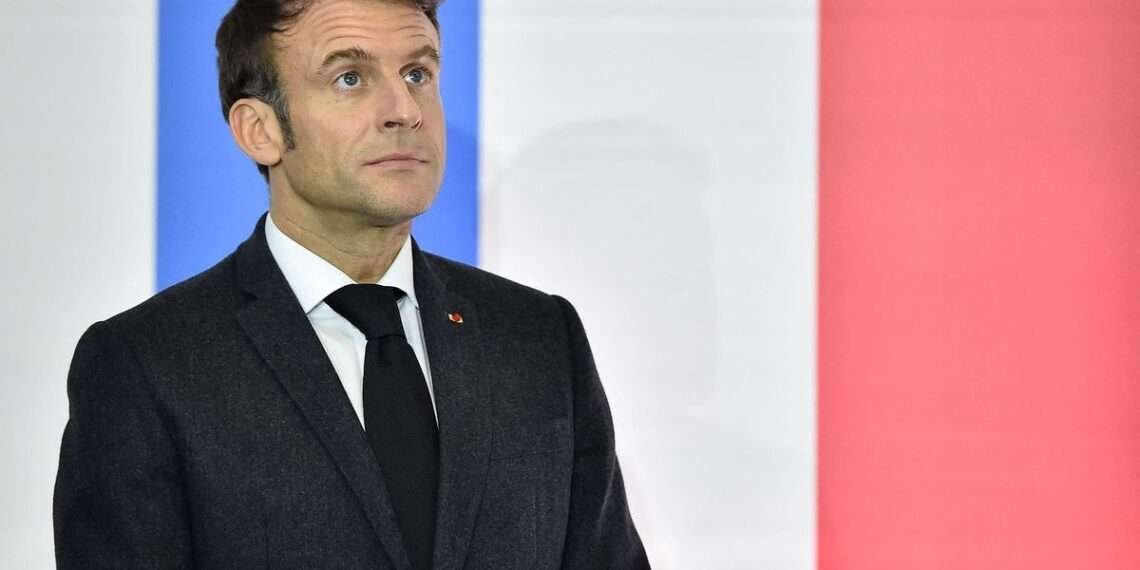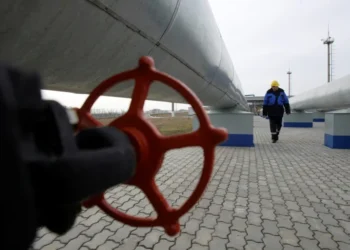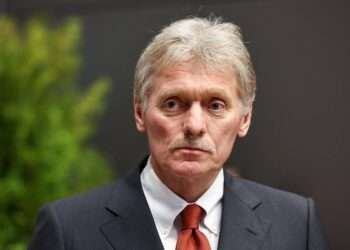With no absolute majority, efforts to form a new French government may take weeks.
The New Popular Front (NFP) won 182 seats in the 577-seat national assembly, with Macron’s centrist Together coalition returning 168 deputies and the National Rally (RN) finishing third with 143.
Talks over who should form a new government and who should lead the foreign, interior and finance ministries among others, are expected to be extremely difficult and lengthy given that political parties negotiating a deal have diametrically opposing policies and contempt for one another.
Unlike other countries in Europe that are more accustomed to coalition governments, France doesn’t have a tradition of lawmakers from rival political camps coming together to form a majority. France is also more centralized than many other European countries.
With no single group securing an absolute majority, the options include a technocratic government of experts, the NFP trying to form a minority government and seeking bill-by-bill support, or a broad coalition of the centre left and centre right.
“We are in a situation that is totally unprecedented,” said Jean-Didier Berger, a newly elected lawmaker from the conservative Republicans party.
President Emmanuel Macron has refused the resignation of Prime Minister, Gabriel Attal asking him to remain temporarily as the head of the government.
Prime Minister Gabriel Attal had said he would remain in office if needed, but offered his resignation Monday morning. Macron, asked him to stay on “to ensure the stability of the country.”
The President asked Attal to remain in power in a caretaker capacity to see out the period of the Paris Olympics and to reassure the international community and markets that France still had a functioning government.
Macron’s office says he will “wait for the new National Assembly to organize itself” before making decisions on a new government.
While the NFP’s leaders met on Monday to try to agree a way forward, the leftist alliance appeared divided on how to proceed, with Jean-Luc Mélenchon, the leader of the radical-left France Unbowed (LFI), ruling out any coalition deal with centrists.
Mélenchon says the leftist alliance is “ready to govern.” However, there’s little chance that he’ll be named Prime Minister, because so far Mélenchon’s own coalition has not proposed him — or anyone else — for the job.
He is disliked by many moderates.
NFP leaders say further internal discussions are needed.
Mélenchon’s lieutenant Manuel Bompard confirmed the party’s line on Monday.
“The President must appoint as prime minister someone from the NFP, to implement the NFP’s programme, its whole programme and nothing but its programme,” he said.
Aurélien Rousseau, a newly elected lawmaker from the New Popular Front and former minister in Macron’s government acknowledged disagreements within the leftist alliance over the government formation, but said the alliance could eventually reach an agreement.
“We need to build compromises, but we need to take time to discuss, to know what we agree on or disagree within the left,” Rousseau said.
Deadlock Likely To Have Far-ranging Implications
Political deadlock could have far-ranging implications for Russia’s full-scale invasion of Ukraine, global diplomacy and Europe’s economic stability.
Macron gambled that his decision to call snap elections would give France a “moment of clarification,” but the outcome showed the opposite, less than three weeks before the start of the Paris Olympics, when the country will be under an international spotlight.
Macron warns that the left’s economic program of many tens of billions of euros in public spending, partly financed by taxes on wealth and hikes for high earners, could be ruinous for France, already criticized by EU watchdogs for its debt.
Meanwhile, Macron is scheduled to leave the country on Wednesday, July 10, 2024, for a NATO summit in Washington.
READ ALSO: Reports Of Revived Ceasefire Talks To Be Taken With Pinch Of Salt





















